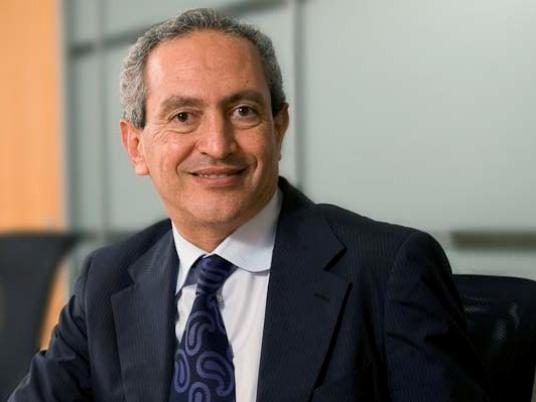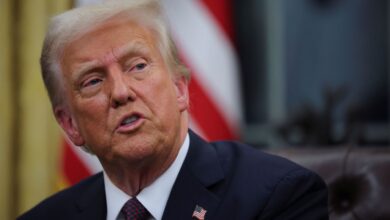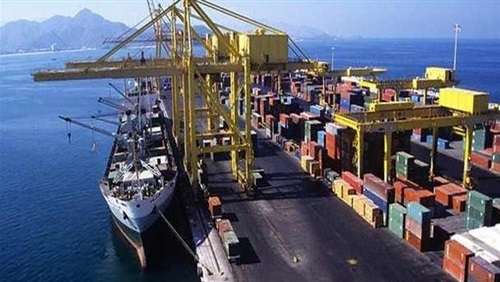Earlier this year, on 19 May, following months of intense behind-the-scenes debate about how the United States should respond to the mass protest movements spreading across the Arab world, President Barack Obama gave a major speech in which he defined the Arab Spring as "a historic opportunity" for the US. Rejecting those who argued that US interests could best be served by supporting embattled authoritarian leaders, Obama asserted that "failure to speak to the broader aspirations of ordinary people will only feed the suspicion that has festered for years that the United States pursues our interests at their expense." Instead, he said, the transformations underway in the Arab world offered the US a "chance to show that America values the dignity of the street vendor in Tunisia more than the raw power of the dictator." He then declared, "It will be the policy of the United States to promote reform across the region, and to support transitions to democracy."
Six months later, however, the renewal of protests in Egypt has underscored the continuing ambivalence in Washington about these Arab transitions, and the extent to which the US continues to struggle with its response to the rise of mass politics in the Arab world. Official statements from the White House and State Department have largely been supportive of popular demands, just as they have celebrated the departure of Yemen's authoritarian President Ali Abdullah Saleh and called on Bahrain's leaders to address the human rights concerns raised by the Bassiouni Commission. In perhaps the strongest expression yet of its commitment to Arab democracy — and marking a sharp rupture in its close relationship with the Egyptian military — the White House issued a statement on 25 November calling for Egypt's new government to be "empowered with real authority immediately," and affirming that "the full transfer of power to a civilian government must take place in a just and inclusive manner that responds to the legitimate aspirations of the Egyptian people, as soon as possible."
Yet buried not so deep under the surface of these official statements is a lingering uncertainty about what might happen in Egypt if the Supreme Council of the Armed Forces (SCAF) were to hand over power to what is being termed a “national salvation government.” For some in Washington, notably but not exclusively in Congress and the Pentagon, the presence of the SCAF has provided a measure of reassurance that Egypt's transition would not devolve into chaos, or fuel the rise of anti-Western, anti-liberal politics. Up until the recent protests broke out, and despite compelling evidence of the SCAF's intent to preserve the military's privileged position, officials at the State Department repeated the view that the military did not truly want to govern and was committed to handing over power. Egypt's path to democracy would benefit from being guided. "Democracy with guarantees," a Turkish model built not on the example of the current success of Turkey's Justice and Development Party (AKP) but on the experience of democratization "protected" by the Turkish military during the 1990s, was viewed by many Americans officials as best for Egypt, or at least, for America's Egypt.
Reflecting deeper divisions about the consequences of the Arab Spring, last week's protests gave new ammunition to those who have stressed its dark side — including Israeli Prime Minister Benjamin Netanyahu and the entire field of Republican presidential candidates — and warned that those who make revolutions are rarely the ones who emerge from them holding political power. Echoing views expressed during the 25 January revolution, these skeptics point to Iran's revolution in 1979 as a case in point, and note with alarm the growing influence of Islamist parties in Egypt and Tunisia. Even the New York Times, which has been generally supportive of the Arab Spring, cautioned that criticizing the Egyptian military in its 25 November statement "could be a risky bet for the White House if the transition to democracy moves out of the hands of the military to less predictable civilian control … in a country where anti-American sentiment and Islamist political movements are surging.”
Yet uncertainty about political outcomes — the possibility of real political competition and debate — is precisely what democracy is about. How often have American officials said that the certainty and predictability of authoritarian regimes in the Arab world has been a cause of instability, a driver of extremism and a threat to American security? These questions have been raised, unless, of course, these dictatorships have turned out to be preferable to some kinds of democratic politics, especially the noisy, chaotic kind visible this month in Tahrir Square. Across the American political spectrum, it seems, just how much Arab democracy is good for the US remains a profoundly unsettled issue. Is it any wonder that according to a recent survey of Arab public opinion just released by researchers at the University of Maryland, fewer than 5 percent of Arabs believe that the US cares about either democracy or human rights?
Egyptians, of course, care little about American ambivalence, and understandably so. There are bigger issues at stake. Yet in taking to the streets, protesters have not only forced the SCAF to rethink its options; they have also pushed the Obama administration to decide what kind of Arab democracy it is prepared to support: a guided democracy hemmed in by military guarantees, or a democracy in which civilians both rule and govern. To its credit, the administration came down on the right side, at least for now. We should not kid ourselves, however, into believing that this debate, or the ambivalence it reveals about US views of Arab democracy, has been permanently settled. Nonetheless, even if Egyptian protesters have not yet achieved all of their goals, in their determination to define their political future they have shifted the American debate about Arab democracy in a positive direction.




